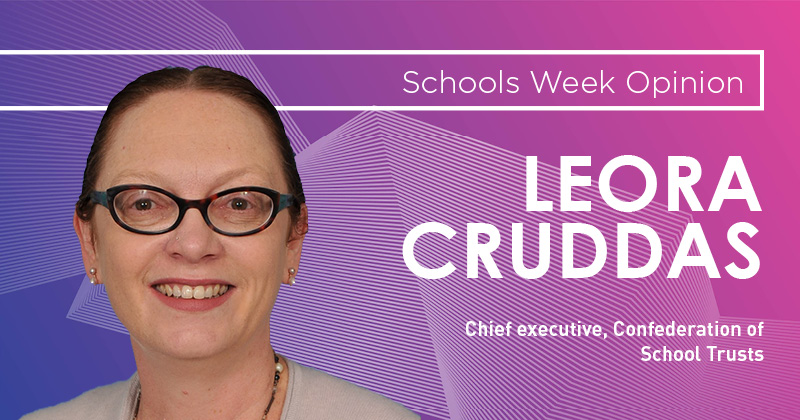‘Disciplinary oracy’ is the recognition that what it means to use oracy skills effectively varies between disciplines. The oracy skills we use, teach and value in the science classroom differ to those used, taught and valued in the history classroom.
To quote Alex Quigley and Robbie Coleman, the reason for this difference is that “each subject has its own unique language, ways of knowing, doing, and communicating”. A historical argument draws on different ways of thinking, compared to a piece of literary criticism, or a mathematical proof: the disciplines have different ways of establishing academic rigour.
These differences between subject disciplines matter for oracy because of the tight relationship between talking and thinking. Through spoken language, we develop cognitively as thinkers; we access new ideas, (disciplinary) modes of analysis, and conceptual understanding.
What does this mean for teaching?
For teachers, ‘disciplinary oracy’ presents two provocations:
First, to consider which aspects of oracy remain the same across subjects and which differ. For example, schools will often have consistent routines around structures for talk (what does ‘partner talk’ look like at this school?). These can be implemented at a whole-school level.
On the other hand, expectations for the high-quality talk within those structures will vary by subject domain. Teachers will use different stimuli, talk-genres and success criteria to promote subject-specific reasoning.
Second, to recognise that speaking and listening is the tip of the iceberg of thinking and learning. We should value students’ ability to speak ‘like a specialist’ insofar as it indicates the development of subject-specific ways of thinking and knowing.
This should underpin teachers’ decisions of how, when and why to support students in developing their linguistic repertoires. For example, students can be taught the specific skill of using subject-specific forms of argument or vocabulary; rather than encouraged generally to speak ‘formally’.
Why does disciplinary oracy matter?
- In support of learning
There is robust research evidence that learning through talk promotes student attainment across English, Maths and Science. Disciplinary oracy enables teachers and students to have rich, in-depth discussions about their curricular content.
This deepens students’ knowledge, as they develop and practise using subject-specific reasoning skills, and engage with new concepts. Further, these pedagogies extend teachers’ insight into their students’ thinking and learning, enabling them to address misconceptions and build on existing strengths.
- In the development of ‘confident, active learners’
Disciplinary oracy is inextricably linked with students’ sense of confidence and agency over their academic performance. It makes explicit, through talk, the logics of the discipline.
As a result, students are better able to evaluate their own performance, and less reliant on external validation. In the words of one year 5 student: “It helps me understand what to do and how to learn without being stuck”.
- In the creation of equitable classrooms
For learning through talk to benefit all students, students have to be taught how to join in: disciplinary oracy encompasses the ways in which teachers make explicit the expectations for dialogic classroom talk, teaching these skills explicitly.
In Voice 21 Oracy Schools, teachers remark on the ways in which clear expectations, structures and (where needed) scaffolds for talk create more inclusive, more thoughtful classrooms.
- In the expansion of students’ linguistic repertoires
Within the classroom, research suggests that ‘correcting’ students’ use of language can hinder learning through talk. However, teachers are also often motivated by the possibility of using language to open new worlds for students.
Disciplinary oracy helps us make sense of this. It offers a purpose: to induct students into the ways of talking (and thinking) of the discipline. For example, in a science classroom, using technical vocabulary accurately is important. To pretend otherwise is to do students a disservice.
On the other hand, to ‘speak like a scientist’ doesn’t require that students speak ‘standard’ English. Scientists solving a problem together will use shared non-standard language features to get their point across; great technical communicators often use informal and non-standard language features, especially when trying to be understandable and engaging for a general audience.
A final word from Oracy Champion Grace: “[Oracy has] removed the fear of maths for many of the children because the focus is on process and efficiency rather than just getting the right answer. It’s also helped me to understand where misconceptions are happening… I can address them right there and then.”
That is the power of disciplinary oracy, and that is why every teacher should be thinking about it.
This article is the second instalment in a Schools Week serialisation of essays offering perspectives on the remit of the Commission on the Future of Oracy Education in England











